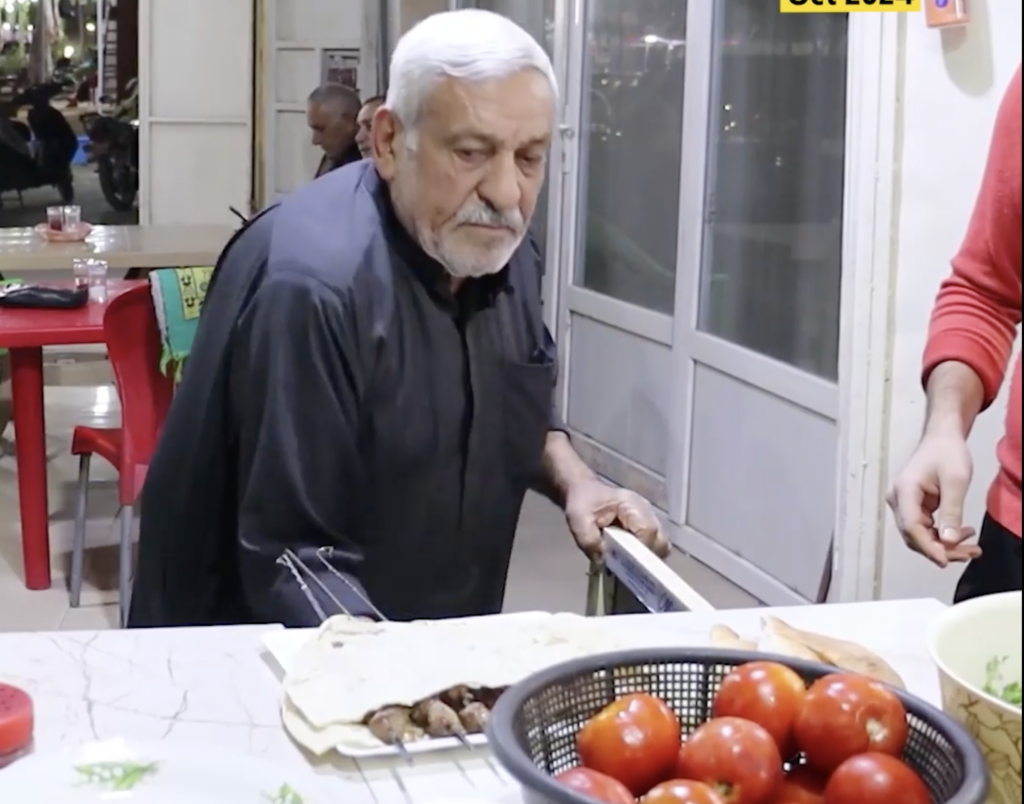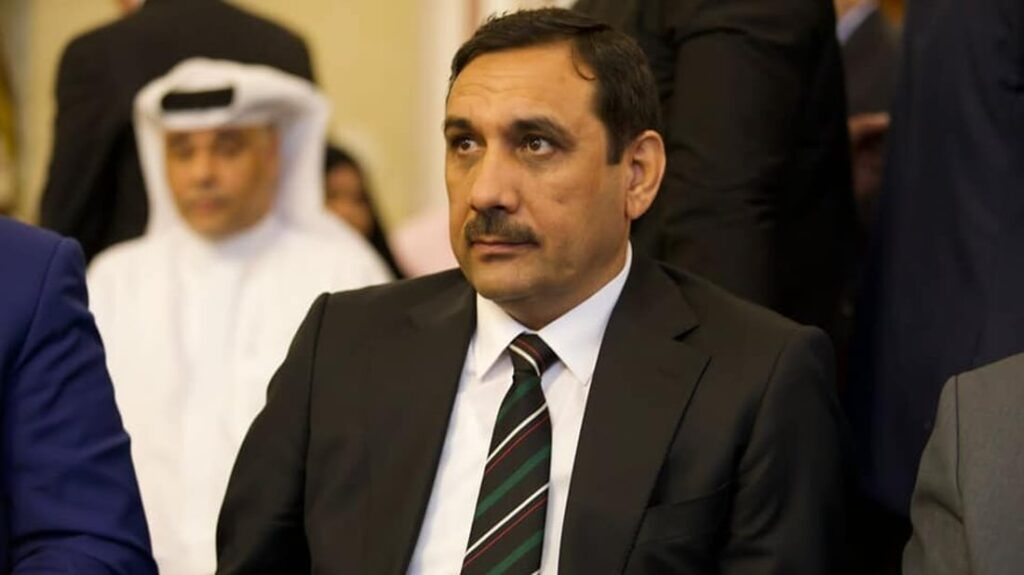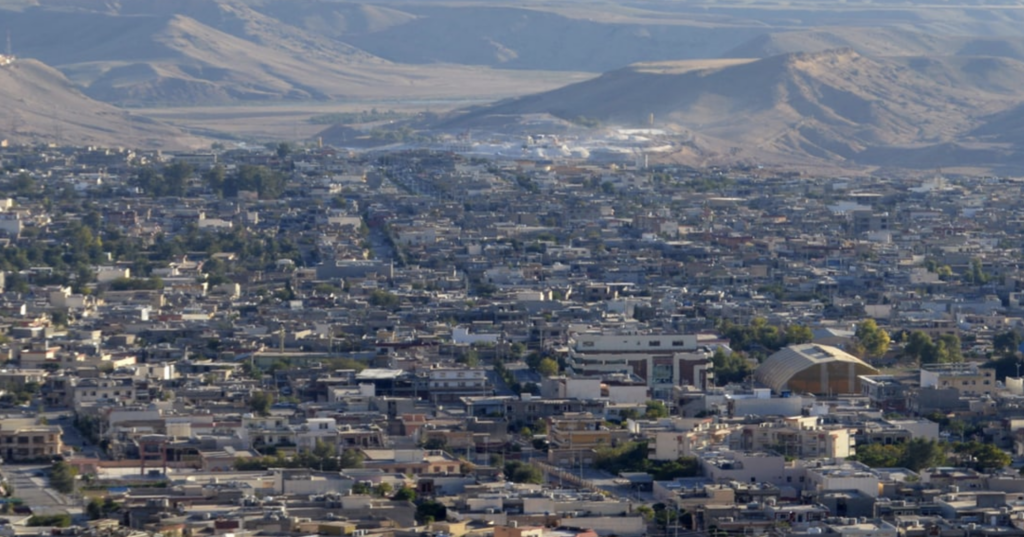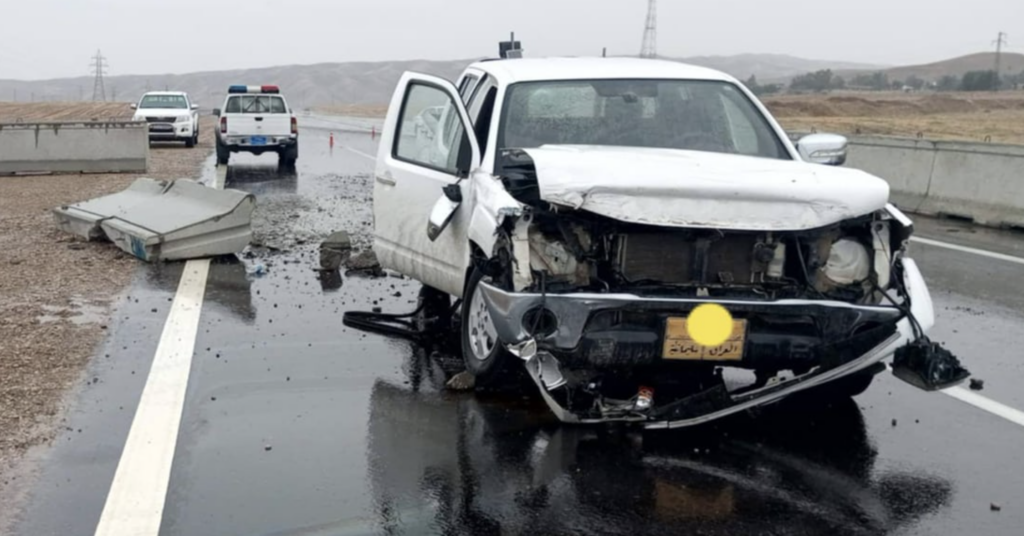Trump bans Iranian officials from entering U.S.

The order followed a new round of American economic sanctions against China, Iran’s largest oil customer, to further squeeze the Iranian economy and force Tehran into new negotiations to limit its nuclear and military programs.
The White House announced the new travel restrictions on senior Iranian government officials and their family members shortly after the news conference ended. In a statement, it described the Iranian government as a state sponsor of terrorism that threatened the stability of the Middle East and beyond.
It was an extraordinary declaration, given its timing: Mr. Rouhani and more than 80 of his top diplomats and aides were in New York attending the annual United Nations General Assembly. However, the travel ban was not expected to force them to leave; the United States generally issues visas to allow foreign leaders to come to United Nations headquarters, but tightly restricts their movements while in New York.
Secretary of State Mike Pompeo said the United States was still open to talking to Iran, and hoped to tamp down inflamed tensions after leaders in the United States, Europe and Arab nations blamed Tehran for attacks on oil fields in Saudi Arabia this month.
“We want peace and we want a peaceful resolution,” Mr. Pompeo said during a news conference Wednesday afternoon with President Trump. “In the end, it will be up to the Iranians to make that decision whether they choose violence and hate.”
A similar travel ban was issued against members of President Nicolás Maduro’s government in Venezuela, which the Trump administration is trying to oust.
In a morning speech to the General Assembly, Mr. Rouhani appeared to shut down any attempt at détente with what he described as an “enemy who uses sanction and poverty as a tool.” He also devoted considerable time to berating the Trump administration for inviting him to talk while threatening Iran.
“If you want a ‘yes’ response, then the only road to negotiations is returning to your commitments,” Mr. Rouhani said, referring to Mr. Trump’s repudiation of a 2015 nuclear accord that eased international sanctions in return for limiting Iran’s nuclear activities. “A photo opportunity is the last stop, not the first stop.”
The new economic sanctions were announced by Mr. Pompeo at a conference sponsored by United Against Nuclear Iran, an advocacy group that Tehran this week said it was considering declaring a terrorist organization.
Mr. Pompeo said the sanctions would punish six Chinese companies and five business executives for defying American financial restrictions that aim to stop Iran from exporting oil. The targeted businesses are an oil company and five shipping companies, two of which are subsidiaries of a large state-owned conglomerate, China COSCO Shipping. But the parent company is not a target.
China has been the biggest foreign buyer of Iran’s oil, a crucial Iranian export. Last year, roughly 6 percent of China’s oil imports came from Iran. But in the past two months, Chinese state-owned companies have begun importing more oil from Saudi Arabia under tightening pressure from the Trump administration.
A New York Times investigation found that at least six Iranian tankers unloaded at Chinese ports during a two-month period after the United States on May 2 ended purchase waivers for Iranian oil granted to China and seven other governments.
In July, the State Department announced its first set of Iran-related sanctions against a Chinese oil company. But the United States has avoided sanctioning Chinese banks or Sinopec, a much larger state-owned company that is also a big importer of Iranian oil. Sanctions on those institutions would have far-reaching effects in global finance and business.
Some analysts believe the oil sanctions and other penalties imposed by the Trump administration are what set Tehran on its current course of confrontation with the United States and its partners in the Arab Gulf region.
Hard-line members of the power hierarchy in Iran who are especially suspicious of the American government applauded Mr. Rouhani’s rejection of talks. “If such a thing happens Messrs Rouhani and Zarif must know they will pay a very high price,” said Javad Karimi Ghodoosi, a member of Parliament.
At the nuclear conference, Mr. Pompeo appeared to taunt Iran, describing its “panicked aggression” in reaction to the American pressure campaign. He also said Iran’s leaders respond to “strength and not to supplication” and drew titters from the audience when he noted that Mr. Rouhani had claimed of working to bring peace to the Middle East.
In his speech, Mr. Pompeo again accused Iran of bombing four oil tankers in the Persian Gulf in May, downing an unmanned American spy drone in June and attacking oil fields in Saudi Arabia this month as evidence of its “long history of unprovoked aggression.”
Iran has denied responsibility for the Sept. 14 strikes on the Saudi oil facilities, which Mr. Pompeo has called an “act of war” and which again raised the specter of a new military conflict in the Middle East. Officials in the Gulf also blamed Iran for the attacks but urged caution, and not until this week did diplomats from Britain, France and Germany publicly agree that they considered Tehran responsible for the strikes





